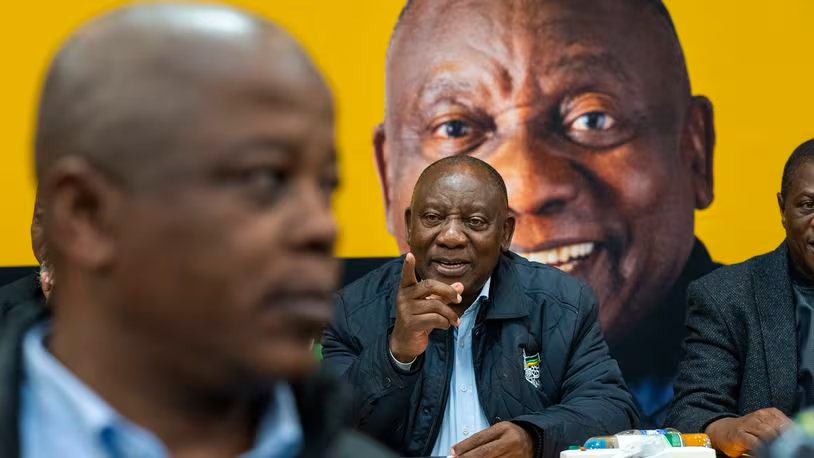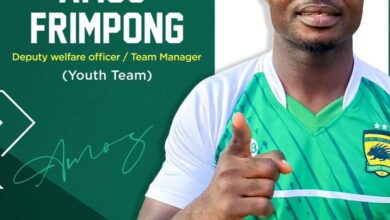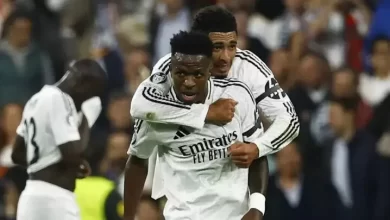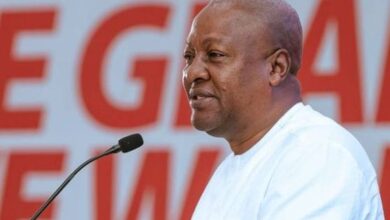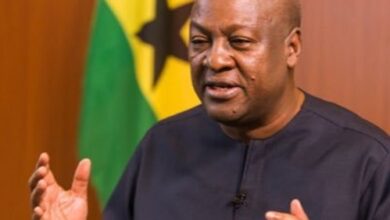Can a unity government like that of 1994 help South Africa now?
ANC officials say it is the first option on the table after the party lost its parliamentary majority.
President Cyril Ramaphosa and senior party officials were in a critical meeting Thursday (Jun. 6) in Johannesburg to decide how to go about forming a government.
“We have already held constructive discussions with a number of parties. Economic Freedom Fighters, Inkatha Freedom Party, the Democratic Alliance, the National Freedom Party and the Patriotic Alliance. We’ve also engaged our alliance partners to brief them on the process and will continue to seek their invaluable views and guidance.”
Any unity government plan would still have to be taken to those other parties, some of whom are more opposed to each other than ANC. The Democratic Alliance (DA) has pledged never to work with EFF or MK, for example.
Complex process
Ramaphosa who seeks a second and final term acknowledged the challenges laying ahead.
“The ANC notes that we do have ideological and political differences with several parties in our political landscape. However, we will not preclude the possibility of working with any party so long as it is in the public interest, and it is in keeping with the principles that they have articulated,” Ramaphos said.
More than 50 parties contested the election with at least eight of them receiving significant shares of support.
“We want to bring everybody on board,” ANC Secretary-General Fikile Mbalula said of the unity government proposal. He said the ANC meeting, which would decide whether to back that idea over a narrower coalition with one or two parties, was likely to last all day.
In addition to staying true to its core principles, the ANC leadership must reassure grassroots party members.
Some protested outside the venue of the committee’s meeting.
An agreement of some sort needs to be in place by June 16, the deadline for South Africa’s new Parliament to sit and elect a president.
South Africa is seeking to minimize any uncertainty through what promises to be a complex process that is likely to run well into next week. It is keeping South Africans on tenterhooks at one of the most important times in their young democracy.
A government of national unity evokes South Africa’s transition from apartheid’s white minority rule to a democracy.

